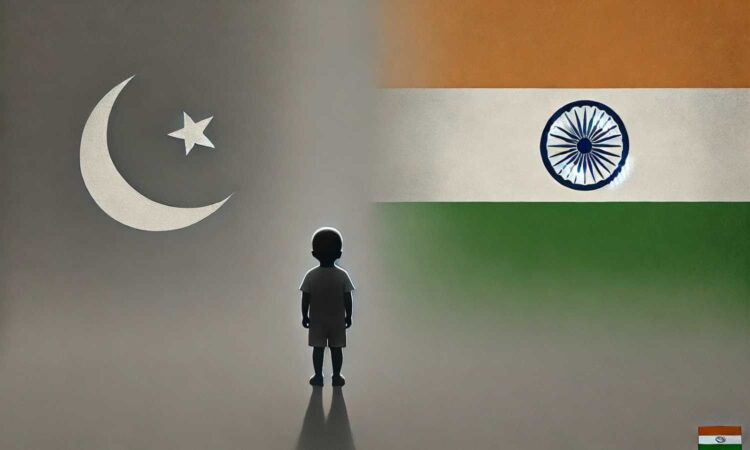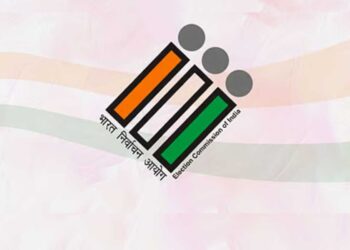HYDERABAD: A child custody case involving a Hindu couple from Andhra Pradesh and a Pakistani man in the UAE has triggered a legal and cultural firestorm, raising sensitive questions about paternity, religion, and international parental rights.
At the heart of the dispute is a five-year-old boy, born to a Hindu woman who is legally married to a fellow Indian and living with him and their two daughters in the United Arab Emirates. The couple, settled in Sharjah, have been raising the child as their own until a shocking claim emerged late last year.
Child Custody Dispute Sparks Cultural Clash
A Pakistani man approached the couple in December, asserting that the boy was his biological son and demanded full child custody. He presented evidence in a UAE court, including a DNA test that confirmed his paternity, and claimed he had married the woman — despite her existing legal marriage to the Hindu man.
He also declared that he intended to raise the child in accordance with Islamic customs, prompting widespread concern among South Asian expatriates over cultural identity and legal safeguards.
Legal and Religious Questions Complicate Child Custody Case
The UAE court, relying on the DNA results and the Pakistani man’s testimony, awarded him custody of the child. But the Hindu couple immediately filed an appeal, challenging the verdict on multiple grounds.
Legal experts have raised critical questions: Can a man claim marriage with a woman who is already married under Indian law? Did any valid Islamic marriage occur without her converting or divorcing her Hindu husband? These uncertainties have intensified the child custody battle and may play a crucial role in the higher court’s decision.
Couple Fights Child Custody Battle Without Resources
Financially constrained and unfamiliar with the UAE legal system, the Telugu couple has struggled to mount an effective legal response. Reports suggest they have been unable to hire proper legal representation, while court-imposed travel restrictions prevent them and the child from leaving the country.
Supporters of the couple argue that the child has been raised in a Hindu household and is emotionally bonded with the family. “This is not just a biological question. It’s a matter of upbringing, emotional well-being, and identity,” said one community leader familiar with the case.
International Legal and Diplomatic Concerns
The implications of the court ruling go beyond just custody. If the Pakistani man seeks to take the child to Pakistan, he would require a valid Indian passport or travel documentation. As the child is an Indian citizen, removing him without Indian government approval may be both illegal and diplomatically sensitive.
Observers say even if the custody verdict is upheld, the logistics of enforcing it remain highly complex.
The child custody battle has drawn attention from legal experts, diplomats, and community leaders across the Gulf. It reflects not only the complications of interfaith relationships but also the difficulty of navigating legal systems far from home.
The Hindu couple remains hopeful that the appeal will overturn the verdict and allow them to retain custody of their son, whom they have loved and raised since birth.










